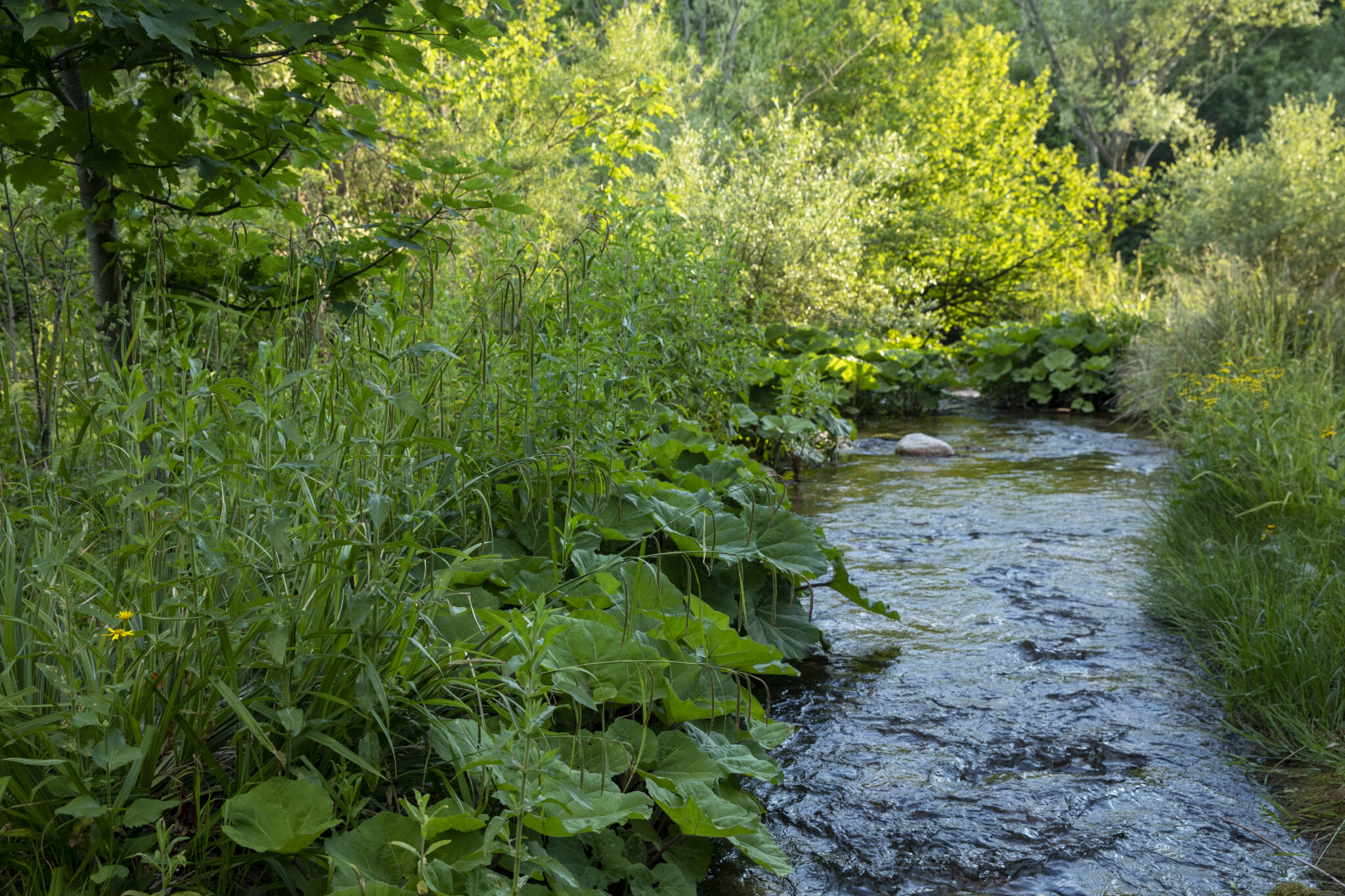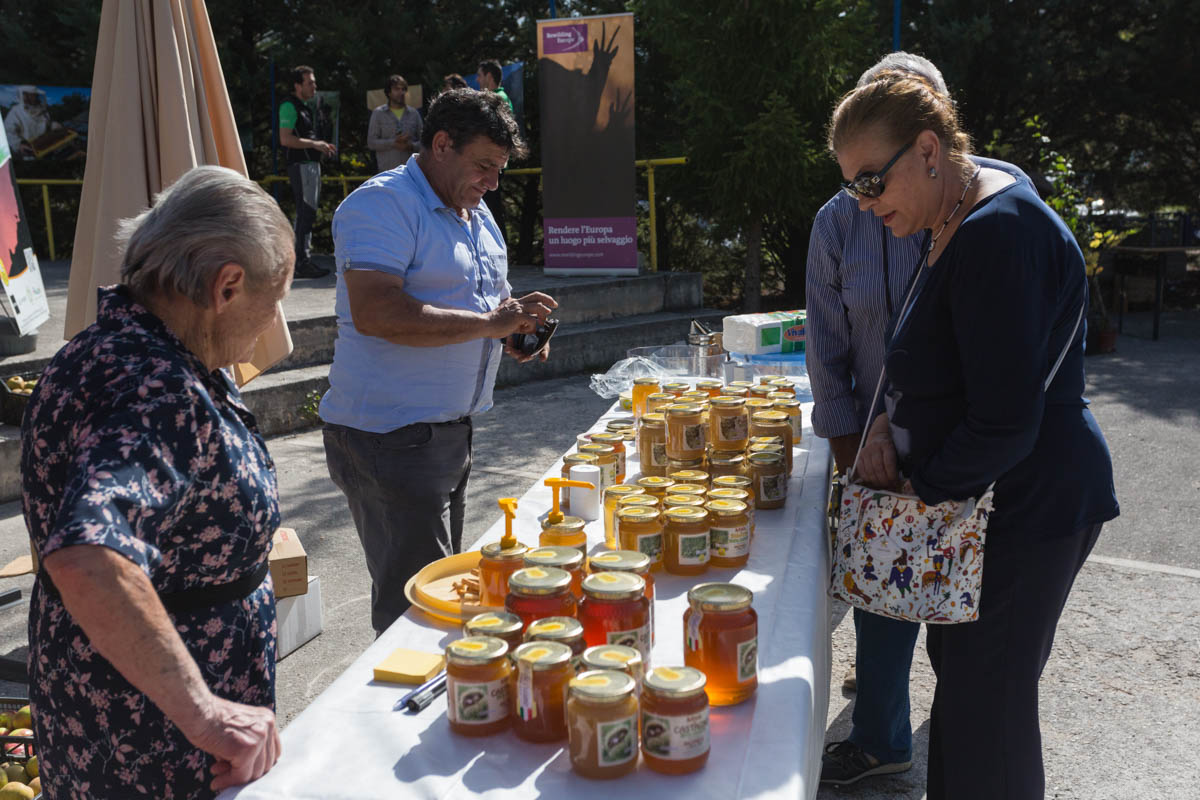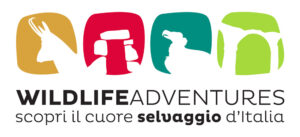There are economic opportunities in rewilding. The increasing global popularity of nature-based tourism, for examples, demonstrates this potential. Helping nature heal can lead to prosperous small-scaled and sustainable economies in the Central Apennines.
Benefits from balanced ecosystems

When ecosystems work correctly without huge anthropogenic impacts, they guarantee irreplaceable goods and services that allow living beings to thrive (humans included). These so-called ecosystem services are very well studied by the economic and environmental sciences, because their definition and assessment are helpful for people to understand how natural resources should be managed at the best in order to not loose or compromise these fundamental services for the future.
For example, the “supporting services” are the basic ones for the production of all the other services, like the soil and habitat formation, the hydrological cycle, the biodiversity maintenance, the nutrient cycling, the pollination and seed dispersal. The regulation of ecosystem processes gives benefits called “regulating services”, such as flood regulation, water purification, climate, biological, nutrient and disease regulation and so on. These two kinds of ecosystem services give huge indirect benefits to humans and, in this sense, the resilience of nature is the best climate change mitigation tool.

Moreover, balanced ecosystems can directly benefit human beings by guaranteeing the quality of products essential for our lives, such as food, fresh water, raw materials, genetic, medicinal and ornamental resources (these are “provisioning services”).
Last but not least, the “cultural services” are the nonmaterial benefits that we can obtain when natural processes work properly, like the aesthetic, spiritual, heritage, recreational, scientific and educational ones.
When people experience balanced ecosystems with a direct contact with nature, their psychophysical wellbeing increases and becomes more resilient.
The generosity of nature

It is clear now, after 40 years or more of neo-liberalist policies, that the current economic model does not work. The inconsiderate use of natural resources has caused multiple changes in climate, which has had an effect on food security and biodiversity. This, coupled with recurring socioeconomic crises, had led to an increase in poverty and social inequalities. If we want to protect ourselves from all this, we need to investigate new nature-based economies, which can support our communities as well as our natural resources, in order to increase our financial and environmental resilience.
In the Central Apennines we are working with local stakeholders to explore new strategies for creating a stronger connection between people and wildlife that lasts long in time: our mission is to create an enterprise network, by with certified criteria and a shared sustainable approach to income generation.
Nature can be generous with those who want to take benefits from its resources but, at the same time, are able to give back nature the right care, through rewilding, to live in balance with it.
World-class wildlife watching

Boasting several world-class national parks, the Central Apennines are a nature lover’s paradise, with wildlife species such as the iconic Marsican brown bear, Italian wolf and the endemic Apennine chamois, together with high numbers of red deer, wild boar, golden eagle, griffon vulture and others. The region has fantastic wildlife tourism potential.
By working to establish a vibrant nature-based economy in the Central Apennines rewilding area, Rewilding Apennines and Rewilding Europe are providing local communities with an economic incentive to protect such wildlife. Business plans for several wildlife watching hides have been drawn up, while loans from Rewilding Europe Capital (REC) have underpinned the development of a series of new wildlife and tourist products, many of which will be promoted and sold through the European Safari Company.
Ecotourism in Central Apennines: Wildlife Adventures
Wildlife Adventures was born in the village of Pescasseroli, in the core of Abruzzo, Lazio and Molise National Park, after the cold winter of 2009. The warmth of the spring strengthened their passions and changed them in their choice of life. They deal with hiking and trekking and they want to promote the knowledge of the environment and the territory in the Central Apennines, also by promoting rewilding initiatives. Indeed, they believe that the environment has a very important role for people and for society and they work every day for this aim.
Offering hiking, trekking and wildlife watching in the parks of the Central Apennines, Wildlife Adventures is the first business in this rewilding area receive loans from REC. A second loan disbursed in 2016 has enabled the business to refurbish and open a mountain refuge in the commune of Bisegna.

Connect with Wildlife Adventures to make special visits of the rewilding area.
Our main achievements
- Four Rewilding Europe Capital loans have been completed, focused on the development of a new series of wildlife and tourist products, a mountain cottage, two wildlife hides and a rewilding fly camp.
- In 2015 Wildlife Adventures became the first business in the Central Apennines to receive a Rewilding Europe Capital loan to help develop its website and marketing.
- A second REC loan to Wildlife Adventures enabled the restoration of the high altitude Bisegna Mountain Refuge (Terraegna Refuge). This opened in 2017 and now offers wild nature lovers a unique Apennine experience.
- Several tourism packages have been developed to attract visitors, focusing on the areas connected to the Abruzzo, Lazio and Molise National Park. These are being marketed through the European Safari Company.
- In 2019, despite problems with access to the property following a landslide, around 350 guests from all over the world visited the Terraegna mountain hut between March and December thanks to the work of Wildlife Adventures.
- In 2020, RA Enterprise Officer Valerio Reale started the Bear Fund,
- with the aim of financing conservation actions for the Marsican brown bear and creating an enterprise network to develop rewilding-related nature-based economies. In order to reinforce connections with the local community and raise awareness with entrepreneurs, RA worked through the Bear Fund to:
- Organise the Rewilding Social Club – a cultural event based on bear-related food diet – in August, in collaboration with a local restaurant.
- Organise the first edition of the Rewilding Economy Seminar in the Genzana Bear Smart Community in October 2020.
- Organics Basics campaign during Earth Day 2020 gave 19,000 € to Rewilding Apennines. This donation was put towards conservation and communication actions in agreement with Rewilding Europe.
- In 2020, nature.house signed a partnership agreement with Rewilding Europe for two years to support the development of the Bear Smart Communities in the Central Apennines rewilding area.
- In 2021, Rewilding Apennines hosted 4 Rewilding Weeks where individuals and corporations visited the rewilding landscape and found out about wildlife comeback and how people can benefit from healthy habitats and biodiversity.
- 36 members of the European Rewilding Network from 12 European countries explored the Central Apennines while networking with local entrepreneurs and discovering the importance of Bear Smart Communities.
- We hosted trainees from the Rewilding Training Tourism organized by Nature Tourism Development, European Safari Company, Rewilding Europe and Wildlife Adventures. The activities focused on rewilding projects, hospitality in Bear Smart Communities and also a deep-dive into nature based economies.
- “Restoring Italy’s wild heart” documentary by Olly Pemberton and sponsored by Exodus Travels was produced and launched, offering an encompassing perspective of the Central Apennines, and what brings people and nature together.